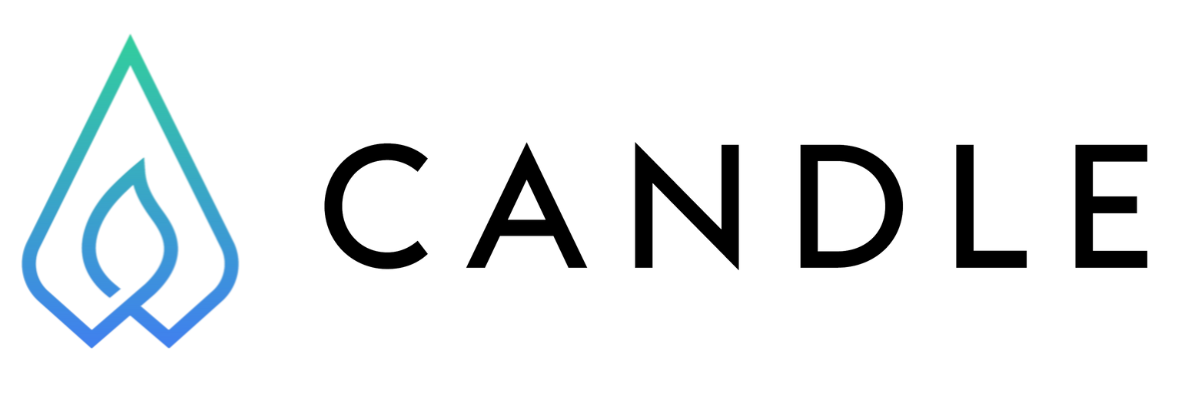The current educational system faces numerous challenges, including mounting student debt, long learning-to-earning timelines, and a lack of adaptability to the ever-changing job market.
The challenge.
For most in today’s rapidly changing world, there exists a growing need for a nimble system that promotes continuous education, upskilling, and learning while actively making a living.
Challenges of the Current Educational System include:
- Student debt: The cost of higher education has skyrocketed in recent years, leaving many students burdened with massive debt. This debt often takes years to pay off and can limit career choices and financial freedom for graduates.
- Long learning-to-earning timelines: Traditional educational systems typically require students to spend several years obtaining a degree before they can enter the workforce. This often delays the start of their careers and increases the pressure to find high-paying jobs to offset the cost of education.
- Lack of adaptability: The current system often focuses on rigid curriculums and standardized testing, which may not always align with the ever-changing demands of the job market.
- Inaccessibility: Not everyone can afford to attend higher education institutions, leading to disparities in access to quality education and career opportunities.
What we need.
To address these challenges, we need a more agile and inclusive educational system that promotes continuous education, upskilling, and learning while earning. This can be achieved through the following:
- A flexible educational system: A flexible educational system can rapidly adapt to the changing needs of the job market. This can be achieved through innovative teaching methods, modular courses, and integration of online and offline learning.
- Continuous education: Emphasizing lifelong learning and upskilling is essential for individuals to stay relevant in their careers. Educational institutions should provide opportunities for continuous education through short courses, workshops, and certifications that align with industry needs.
- Learning while earning: To reduce the financial burden and shorten the learning-to-earning timeline, educational systems should encourage opportunities for students to gain work experience while they study. Apprenticeships, internships, and work-study programs can help students apply their knowledge in real-world settings and make a living while they learn.
- Accessible education: Making quality education accessible to everyone is key to bridging the opportunity gap. Online courses, affordable community colleges, and scholarships can help democratize education and ensure that everyone has the chance to up-skill and succeed in the workforce.
- Personalized learning: Catering to the unique learning needs and preferences of each individual can help improve the overall educational experience. Personalized learning plans, mentorship programs, and adaptive learning technologies can support students in achieving their goals and overcoming obstacles.
In addition, education more relevant to a rapidly changing world and a digital workforce will:
- Focus on critical thinking and problem-solving skills: These are skills that are essential for success in any field, regardless of the specific job or industry.
- Embrace entrepreneurship and innovation: The ability to think creatively and come up with new ideas is essential in today’s economy.
- Develop strong communication and collaboration skills: These skills are essential for working effectively in teams and across different cultures.
- Embrace lifelong learning: The world of work is constantly changing, so it’s important to be able to adapt and learn new things quickly.
By embracing a more agile, intelligent, and inclusive approach, we can create a more responsive and equitable system that prepares individuals for success in the modern workforce in the 21st century.







